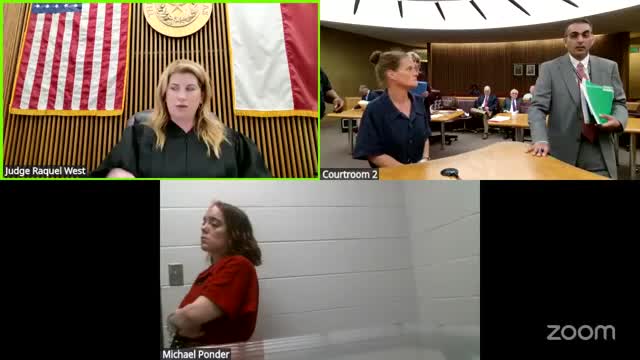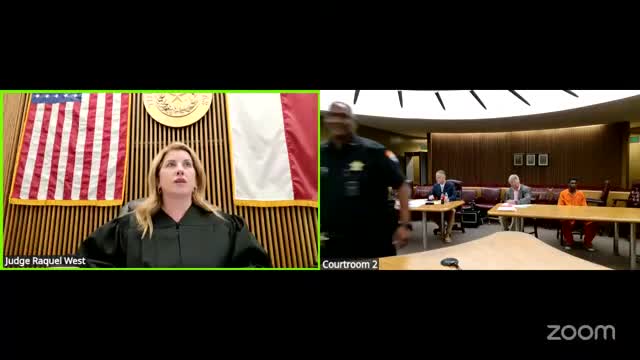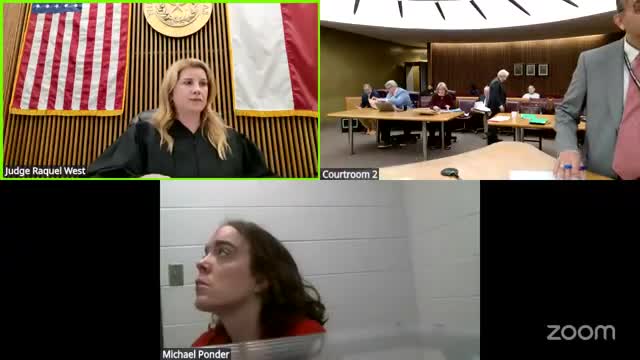Article not found
This article is no longer available. But don't worry—we've gathered other articles that discuss the same topic.

Docket roundup: multiple pleas, deferred probations and bond orders at 252nd District Court

Probation revocation hearing for Malcolm Williams centers on missed registrations and compliance; court hears probation officer

